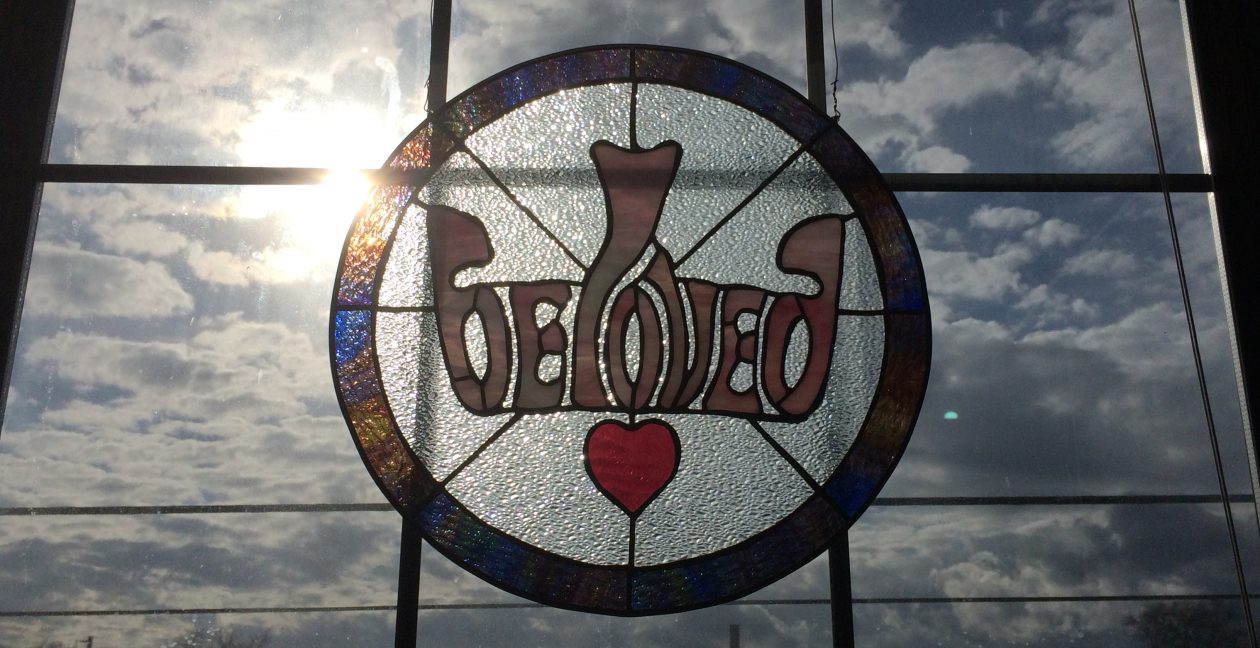
I was watching a science documentary from NOVA on PBS recently. The topic was the origins of life on the earth. Charles Darwin thought that life would have originated in a warm, shallow pond where all the conditions were right for the first microorganisms to appear. Sunlight was always considered a necessary factor for life to originate so scientists were very surprised when they discovered micro-organisms living in the deepest and darkest areas of the ocean floor near thermal vents that generate temperatures they never thought could sustain life.
Another discovery, closer to the theme of this reflection on Ash Wednesday, is that mud is a perfect environment for the genesis of life. Clay, which is found in mud, provides layered surfaces that allow for the complex formation of molecules necessary for the development of life.
To me, mud is a nuisance. Something I want to avoid and also get rid whenI step in it. It’s messy. The fact that mud is actually the place where new life can occur forces me to consider that I should start looking at the mud in my life with new eyes. For meLent is the time to look at the muddy areas of my life and reflect on a great mystery: “Then the Lord God formed man from the dust of the ground.” (Gen. 2.7)
Is it possible that all those muddy aspects of my life that I’d rather ignore or get rid of contain the elements of a new life for me? If I only have the courage and faith to accept those parts of me that I consider unacceptable I might discover something vital and essential for the life of my soul. In Thomas More’s book, CARE OF THE SOUL, he points out that it is the thing in us that is the most unlikable that holds the key to integration and wholeness. I always want things to be clean and clear and crisp. No loose ends. No bent corners. No fractions. Only whole numbers. Everything coming out even.
At the beginning of this season of renewal called Lent it is important for me to remember that nothing in God’s economy is ever wasted or unbeneficial for my spiritual growth. Every aspect of my life, even the mistakes, even the mud, is charged with Grace.
Each day, when I take time to meditate, I come face to face with the mud of my life. As I sit (and sift) I begin to come to terms with the necessary muddiness of my existence. It is no longer something I need to clean up. Rather it is the very thing that will reveal to me who I am and the richness of my experience. When I understand this then I change. Then I “repent and believe the Good News. But a radical self-acceptance comes first. This Lent I hope to deepen this understanding of myself as both light and dark, clear and opaque, clean and dirty, and wait patiently as the Creator takes it and shapes me into a new creation.
“Behold, I make all things new!” (Rev. 21.5)
-Palmer Maxwell
